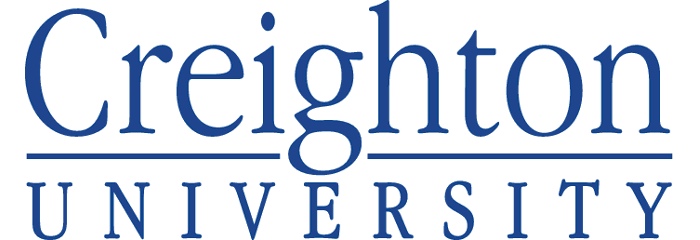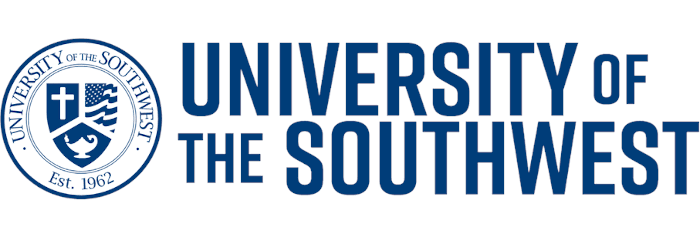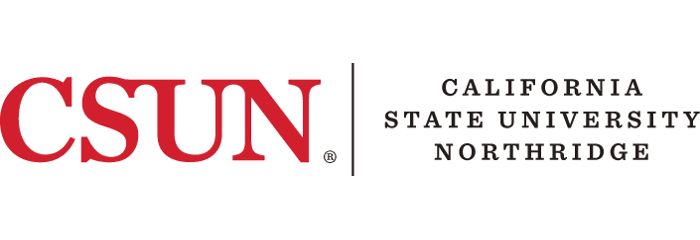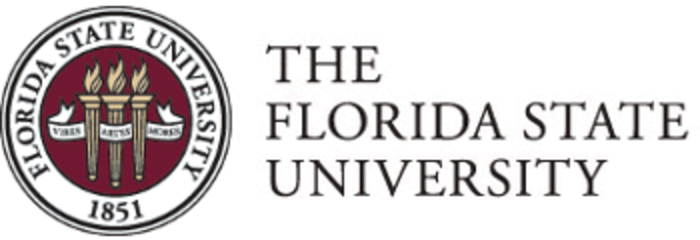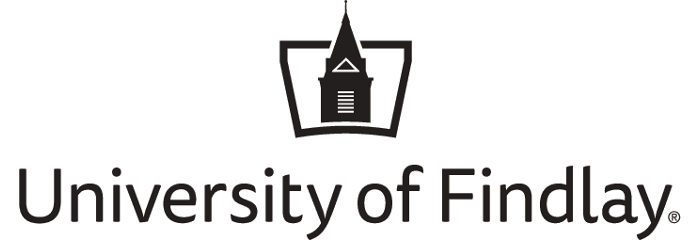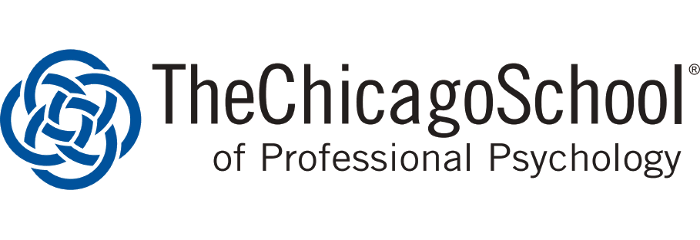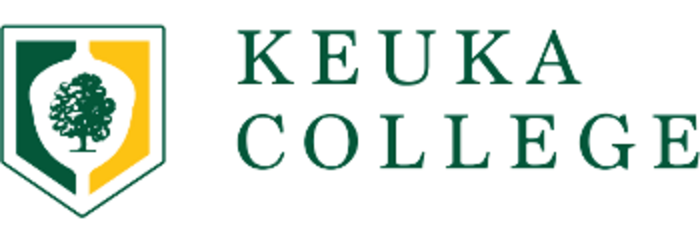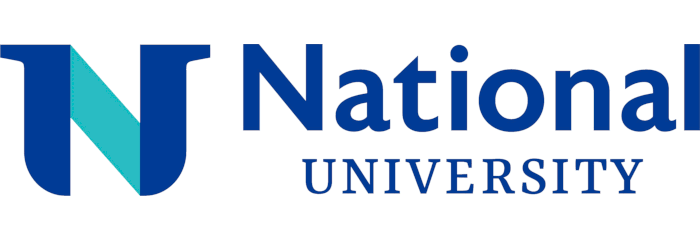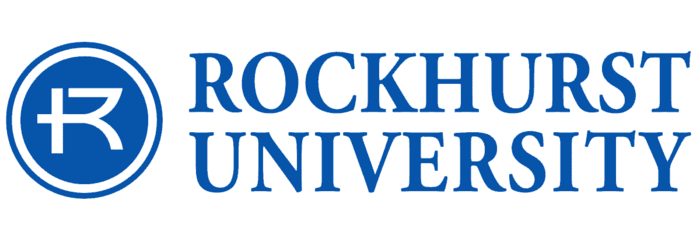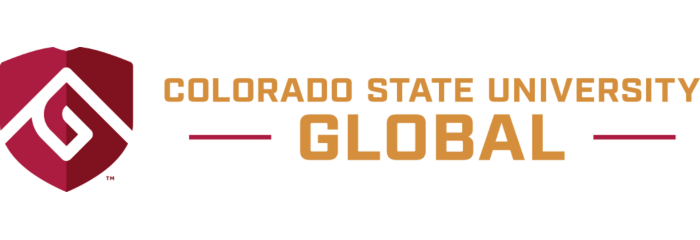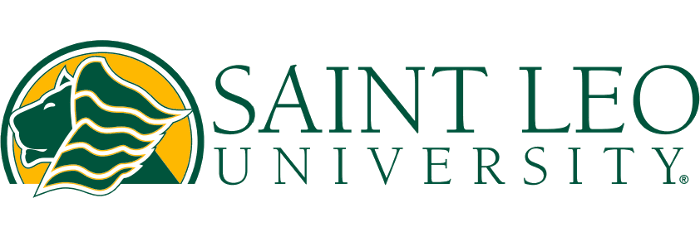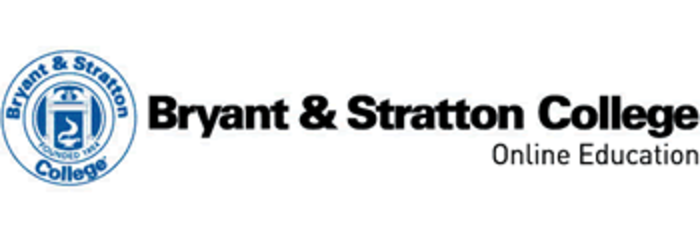2025 Nonprofit UUֱ��s and Universities
ON THIS PAGE
Nonprofits For-Profits Which is Better? Financial Aid FAQsNonprofit schools invest in the student experience rather than turning a profit. OnlineU has advertising partnerships with numerous online nonprofit colleges and universities, and we’ve highlighted several of them on this page. Since these accredited online schools are nonprofit, each receives funding from the government, tuition, and endowments that they put back into the school to support its curriculum, instruction, and other college operations. Some are public, while many others are private and faith-based institutions.
Nonprofit colleges and universities are often more readily trusted than for-profit schools because of their transparency, accountability, and fiduciary responsibility — factors an accrediting agency looks for when considering conferring a favorable accreditation status.
Highlighted Online Nonprofit Schools
Southern New Hampshire University Online Southern New Hampshire University Online Southern New Hampshire University Online
- Online Enrollment: 177,807 enrolled
- Annual Tuition: $9,600
- Location: Manchester (NH)
New England's Southern New Hampshire University Online (SNHU) is a private institution serving over 164,000 students, with many attending remotely through its robust online curriculum. It currently has Creighton University Creighton University
- Online Enrollment: 1,273 enrolled
- Annual Tuition: $47,000
- Location: Omaha (NE)
With campuses in Omaha, Nebraska, Phoenix, Arizona, and the Dominican Republic, Creighton University (CU) is a private, Roman Catholic institution serving approximately 4,000 graduate students. It offers Liberty University Liberty University
- Online Enrollment: 87,269 enrolled
- Annual Tuition: $11,700
- Location: Lynchburg (VA)
Virginia's Liberty University (LU) is a private, Evangelical Christian institution serving approximately 97,000 students, many remotely. It has over University of the Southwest University of the Southwest
- Online Enrollment: 744 enrolled
- Annual Tuition: $16,670
- Location: Hobbs (NM)
Built on a "foundation of Christian values and a servant leadership philosophy," the University of the Southwest (USW) in Hobbs, New Mexico, is a rural, Hispanic-serving, faith-based institution serving almost 1,100 students. Many enroll throughout its Western Governors University Western Governors University
- Online Enrollment: 185,015 enrolled
- Annual Tuition: $8,300
- Location: Salt Lake City (UT)
Western Governors University (WGU) in Salt Lake City, Utah, is a private, distance-only institution serving over California State University - Northridge California State University - Northridge
- Online Enrollment: 2,913 enrolled
- Annual Tuition: $18,975
- Location: Northridge (CA)
Southern California's California State University - Northridge (CSUN) in Los Angeles is one of 23 campuses in the state's public university system. It's a Hispanic-serving institution in the heart of the San Fernando Valley, primarily offering Regent University Online Regent University Online
- Online Enrollment: 8,213 enrolled
- Annual Tuition: $20,686
- Location: Virginia Beach (VA)
Regent University Online (RU), in military-friendly Virginia Beach, Virginia, is a private, Christian institution serving just over 10,000 students, including those who attend remotely. It offers approximately Florida State University Florida State University
- Online Enrollment: 5,324 enrolled
- Annual Tuition: $18,786
- Location: Tallahassee (FL)
Florida State University (FSU) in Tallahassee is a public institution with over 44,000 students, including distance learners. It has Cleveland State University Cleveland State University
- Online Enrollment: 1,742 enrolled
- Annual Tuition: $17,973
- Location: Cleveland (OH)
Ohio's Cleveland State University (CSU) is a public institution serving over 14,000 students on-campus and via distance learning. Remote learners enroll throughout CSU's The University of Findlay The University of Findlay
- Online Enrollment: 460 enrolled
- Annual Tuition: $39,646
- Location: Findlay (OH)
The University of Findlay (UF) in Ohio is a private institution affiliated with the Church of God. It hosts a total of 5,000 students — almost a third of which participate in distance-only education through Chicago School of Professional Psychology Online Chicago School of Professional Psychology Online
- Online Enrollment: 2,959 enrolled
- Annual Tuition: $20,844
- Locations: Multiple Locations
The Chicago School of Professional Psychology Online is a private institution with campuses in Illinois, California, Texas, Louisiana, and Washington, D.C., primarily serving graduate students. It offers Keuka College Keuka College
- Online Enrollment: 429 enrolled
- Annual Tuition: $38,000
- Location: Keuka Park (NY)
Located on the shores of New York's Finger Lakes, Keuka College (KC) in Keuka City is a small private institution serving 1,300 students, many of whom attend remotely. It has Saint Joseph's College of Maine Saint Joseph's College of Maine
- Online Enrollment: 753 enrolled
- Annual Tuition: $42,834
- Location: Standish (ME)
Roman Catholic Saint Joseph's College of Maine (SJCME) in Standish is a private institution with 1,500 students throughout its liberal arts programs. It offers National University National University
- Online Enrollment: 16,569 enrolled
- Annual Tuition: $13,320
- Location: La Jolla (CA)
San Diego's Northcentral University (NCU) was a private, distance-only institution that merged with private National University (NU) in 2022. NCU continues as NU, which picked up all of its online programming and serves over 18,600 students. NU offers Rockhurst University Rockhurst University
- Online Enrollment: 612 enrolled
- Annual Tuition: $43,420
- Location: Kansas City (MO)
Kansas City's Rockhurst University (RU) in Missouri is a private, Catholic institution in the Jesuit tradition, and it hosts approximately 1,000 graduate students. RU offers Colorado State University Global Colorado State University Global
- Online Enrollment: 9,507 enrolled
- Annual Tuition: $8,400
- Location: Greenwood Village (CO)
Colorado State University Global (CSU Global), based in Aurora, is a public institution that opens its doors to 9,600 students. Distance learners can choose from Saint Leo University Online Saint Leo University Online
- Online Enrollment: 14,702 enrolled
- Annual Tuition: $28,360
- Location: St. Leo (FL)
Catholic Saint Leo University Online (SLU) is rooted in Benedictine values. It's a private liberal arts institution based in Florida, serving approximately 10,000 students. SLU offers Holy Family University Holy Family University
- Online Enrollment: 542 enrolled
- Annual Tuition: $33,968
- Location: Philadelphia (PA)
Pennsylvania's Holy Family University (HFU) is a Roman Catholic institution sponsored by the Sisters of the Holy Family of Nazareth with campuses in Philadelphia and Newtown and online that serve about 3,000 students. It has more than a dozen Bryant & Stratton College Online Bryant & Stratton College Online
- Online Enrollment: 9,418 enrolled
- Annual Tuition: $15,891
- Location: Orchard Park (NY)
Bryant & Stratton College — located in Orchard Park, New York — is a two-year, private college that recently changed its status to be a nonprofit institution. According to the most recent federal data, 6,211 undergraduate students are attending online, with approximately 16% graduating on average. Bryant & Stratton offer robust
Southern New Hampshire University Online
- Online Enrollment: 177,807
Southern New Hampshire University Online (SNHU) offers over 200 flexible, career-focused online degree programs. These include popular fields such as accounting, business, healthcare, and technology, providing personalized education to meet your goals. As a nonprofit institution, SNHU emphasizes affordability, maintaining some of the nation's lowest online tuition rates. Undergraduate classes cost $330 per credit hour, while graduate classes cost $637. SNHU also supports your success through extensive online resources, including 24/7 tutoring and career services. Additionally, military service members and spouses may benefit from a 30% tuition discount, reinforcing SNHU's commitment to accessible education.

Walden University
- Online Enrollment: 44,223
At Walden University, you can access more than 100 online degrees and certificates designed for working adults, backed by over 50 years of distance learning expertise. We are accredited by the Higher Learning Commission and have specialized accreditations in counseling, social work, business, nursing, and education. Walden is ranked No. 1 for awarding research doctorates to African-American students and is the nation’s top conferrer of doctoral degrees in nursing, psychology, and education. Our supportive learning environment, 174,000+ alumni network, flexible program options, and hands-on learning experiences help you advance your career and create social change.

Liberty University
- Online Enrollment: 87,269
Liberty University offers over 600 online degree programs including undergraduate, graduate, and doctoral levels, aiming to provide flexible and affordable education. Tuition fees have remained unchanged for nine years, reflecting our commitment to cost stability. Ranked in the top 10% of Niche.com's best online schools in America, we emphasize academic quality and accessibility. With eight annual start dates, we accommodate your schedule, ensuring you earn your degree conveniently from home. Our tuition rates are competitive, ranking in the top third for affordability among leading online institutions. Join us and become a part of a distinguished community dedicated to impactful education.
What Is a Nonprofit College?
Nonprofit colleges are designed to not generate investment returns for investors. Instead, the institution uses its funding to cover current and future operating expenses, which include salaries and facilities.
A board of trustees governs each nonprofit school with the goal of making sound financial decisions for the institution while also meeting student needs.
Both private and public nonprofit colleges receive government funding through student financial aid awards, contracts for goods and services, and research grants. Additionally, nonprofit schools rely on private endowments, donations, and revenue from sports programs to fund academic programs and activities. A board of trustees governs each nonprofit school with the goal of making sound financial decisions for the institution while also meeting student needs.
Types of Nonprofit Colleges
Nonprofit schools can be either public or private. Two-year nonprofit colleges — including community colleges — typically offer associate degree and certificate programs. Many students transfer these credits to a nonprofit four-year college or university to complete a bachelor's and possibly continue for a graduate degree.
Most nonprofit institutions offer distance education and online learning, which may be more convenient for students who want to attend part time while juggling other responsibilities. Nonprofit public schools tend to offer a wider range of academic programs than nonprofit private colleges.
What Is a For-Profit College?
For-profit colleges are privately owned and funded by companies and investors. Most profits don't go back into the school but instead go to various stakeholders who have invested in the school.
For-profit schools aren't required to reinvest as much in operations as nonprofit schools. Instead, they invest a large portion of their money in marketing, advertising, and lobbying against funding restrictions.
Prospective students are often attracted to for-profit colleges because many offer both on-campus and online programs in popular fields such as business, information technology, and healthcare. In fact, they were initially at the forefront of online college education. Many also offer accelerated programs allowing students to finish their education in less than the average time.
What Is the Difference Between a Nonprofit and a For-Profit College?
There are several major differences between these types of colleges, namely how they receive and distribute money, their affordability, and their general reputation.
Funding for Nonprofit and For-Profit Colleges
The biggest difference between these two types is where they get their money and how they use it. Here is the percentage of funding that each type of college receives from tuition and fees versus government sources, according to the (NCES):
- 20% from tuition and fees
- 43% from government sources
- 34% from tuition and fees
- 14% from government sources
- 93% from tuition and fees
- 2% from government sources
When it comes to spending money, nonprofit schools are statutorily barred from keeping profits beyond operating costs, whereas for-profit schools are businesses.
Nonprofit and For-Profit Affordability
In the academic year 2020-2021, tuition and fees of $9,400 at four-year public schools compared to $18,200 at private for-profit colleges. But it's worth noting that private nonprofit colleges are the most expensive options at $37,600 in 2020-2021. Additionally, the low costs of public schools only apply to students who qualify for in-state tuition rates.
Students are at greater risk of defaulting on student loans from costlier programs. According to the , for-profit schools enroll only 10% of students, yet these students account for about 50% of loan defaults. In addition, 71% of students enrolled in for-profit degree programs take out federal loans compared to only 49% of nonprofit degree-seekers.
What's more, not all school types can offer the same financial aid options. Students can apply for financial aid to fund a for-profit education and may qualify for federal loans and Pell grants, but they're not eligible for federal work-study programs. In addition, applicants from for-profit institutions may not be considered for private scholarships.
Reputation Differences Among Nonprofit and For-Profit Colleges
Justified or not, employers may perceive the quality of nonprofit and for-profit colleges differently. Some for-profit colleges are considered "diploma mills" with a reputation for churning out degrees of dubious value.
Some for-profit colleges are considered "diploma mills" with a reputation for churning out degrees of dubious value.
Employers may be skeptical of a for-profit school's academic standards because these colleges aren't required to reinvest their money back into their programs. The that public universities spend $1.42 on student instruction for every tuition dollar collected, and private universities spend $0.84. But for-profit schools allocate just $0.24 from every tuition dollar on instruction.
Should You Choose a Nonprofit or For-Profit College?
Many criteria factor into a college decision, and some will matter more to you than others. Think through this as you decide between nonprofit and for-profit schools: You may appreciate nonprofit colleges more if you want a broad, theoretical education with opportunities to engage in student activities with your peers. You might prefer the for-profit route if you're looking to learn specific job skills to potentially enter the workforce more quickly.
You can also consider the factors we list below, which are closely related to the differences between college types that we described above.
Cost
Nonprofit colleges: Tuition rates are most affordable at public nonprofit schools and least affordable at private nonprofit colleges.
For-profit colleges: In addition to costing more than public schools, students at for-profit colleges are much likelier to take on student loans and default on them.
Quality and reputation
Nonprofit colleges: Researchers at the think tank, Third Way, consider most public four-year institutions (61.8%) to be , while the majority (71.8%) of private nonprofit schools have a high price and are of high quality.
For-profit colleges: A study conducted by the think tank, , found that most Americans still don't trust that for-profit colleges are worth the cost. And by Third Way's criteria, nearly 80% of for-profit colleges are high-cost and low-quality institutions.
Graduation rate
Nonprofit colleges: Data from the NCES shows that between 2013 and 2019, within six years.
For-profit colleges: During the same period, the six-year bachelor's graduation rate was 26% at for-profit schools, partly thanks to their . However, the associate degree graduation rate was significantly better at for-profit colleges.
Accreditation for Nonprofit Colleges
Most nonprofit schools are institutionally accredited (which used to be called regional or national accreditation). This means that the school passed an independent accreditor's review of its faculty, curriculum, administration, and services. Accreditation is necessary for a school to receive federal funding and for its students to use federal financial aid at the institution.
You can find accredited schools by searching the Department of Education's .
Financial Aid for Nonprofit Colleges
You'll typically be eligible for federal financial aid if you attend an accredited nonprofit college online. Forms of aid might include grants, work-study programs, and loans just like your in-person peers. However, you usually still need to work on campus to receive work-study funds.
You can start the financial aid process by completing a (FAFSA) to determine your financial need. Most states and colleges also gather relevant information from this form.
Beyond government funds, you might apply for scholarships from schools, nonprofit organizations, or individuals. Other forms of aid include fellowships for graduate students who work in their department, employer tuition reimbursement benefits, and the ® for service members, veterans, and their families. Once you've exhausted all financial aid options, you can apply for loans through a private lender, but take care: Private loans tend to feature less favorable interest rates and conditions than federal loans.
You won't be able to fill out a FAFSA if you have undocumented immigration status, but many states provide similar forms so you can at least receive state aid.
FAQs About Accredited Nonprofit UUֱ��s and Schools
Are Nonprofit Colleges Good?
Nonprofit colleges have a better reputation than for-profit schools among experts and the general public, partly thanks to against the for-profit sector. Therefore, attending a for-profit school could potentially affect your experience in the job market. However, it's certainly possible to have a great experience at a for-profit college or a negative experience at a nonprofit school.
Are U.S. Colleges Nonprofit?
U.S. colleges can run as either nonprofit or for-profit institutions. , there were 3,227 nonprofit schools and 704 for-profit schools in 2021.
What Is the Largest Nonprofit University in the U.S.?
Western Governors University (WGU) is the largest nonprofit college in the nation, with enrolled in 2020. WGU is a private, entirely online institution.
What Is the Most Affordable Accredited UUֱ��?
WGU features one of the lowest tuitions of any college offering online bachelor's degrees. This is notable because WGU is private and nonprofit, which tends to be the most expensive type of college.
Why Trust Us?
27 Data Researchers
60,000 Degrees Researched Annually
20,000 Hours Spent on Research Annually
Launching Rankings Since 2009


